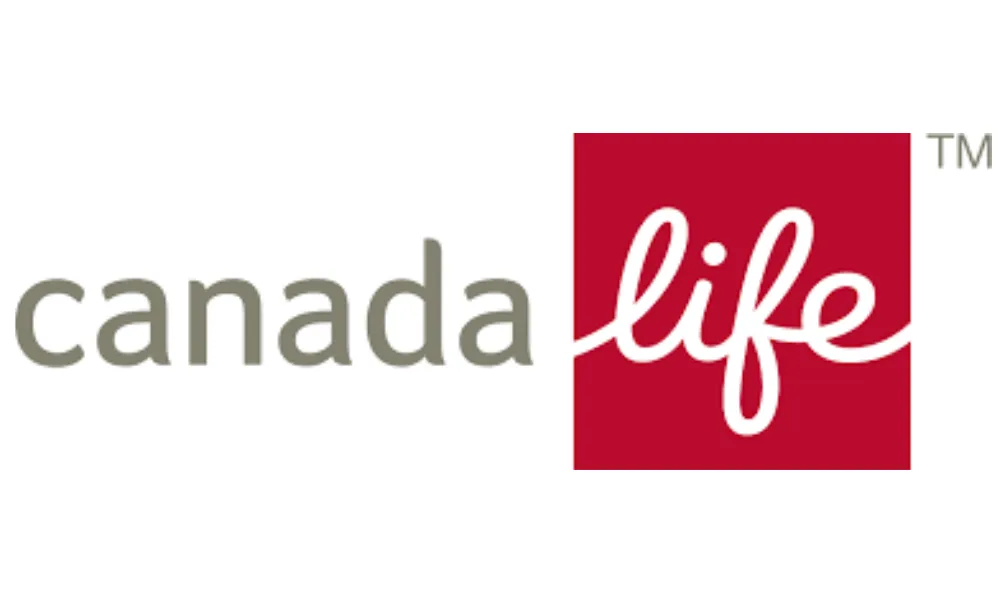🍁Lillian Huang, CFP®, TEP🍁
Helping Seniors Cherry Pick the BEST Final Expense Insurance
Hassel Free | Avoid Costly Mistakes | Best Value
how to use this page? watch the video 👇
After 1000s of Calls, These Are the Burning QUESTIONS👇
Watch the videos below to answers to the most common questions about Final expense insurance
Case Studies Of How Other Seniors Use
Final Expense Insurance!
our major partners





our major partners






It Is The Art On The Body
Lorem ipsum dolor sit amet, consectetur adipiscing elit. Nunc dignissim id magna non venenatis. Phasellus pharetra mollis porta. Vestibulum vel ante ut massa egestas po
Get The Best Tattoo Here.
Lorem ipsum dolor sit amet, consectetur adipiscing elit. Nunc dignissim id magna non venenatis. Phasellus pharetra mollis porta. Vestibulum vel ante ut massa egestas po

Hear From Our Customers
Lorem ipsum dolor sit amet, consectetur adipiscing

Max Tanner

Lorem ipsum dolor sit amet, consectetur adipiscing elit. Quisque nisi nunc, tincidunt non nibh non, ullamcorper facilisis lectus. Sed accumsan metus viverra turpis faucibus, id elementum tellus suscipit. Duis ac dolor nec odio fermentum

Kim Wexler

Lorem ipsum dolor sit amet, consectetur adipiscing elit. Quisque nisi nunc, tincidunt non nibh non, ullamcorper facilisis lectus. Sed accumsan metus viverra turpis faucibus, id elementum tellus suscipit. Duis ac dolor nec odio fermentum

Billy Jackson

Lorem ipsum dolor sit amet, consectetur adipiscing elit. Quisque nisi nunc, tincidunt non nibh non, ullamcorper facilisis lectus. Sed accumsan metus viverra turpis faucibus, id elementum tellus suscipit. Duis ac dolor nec odio fermentum
© 2026 Lillian Huang Insurance Services
All Rights Reserved.

